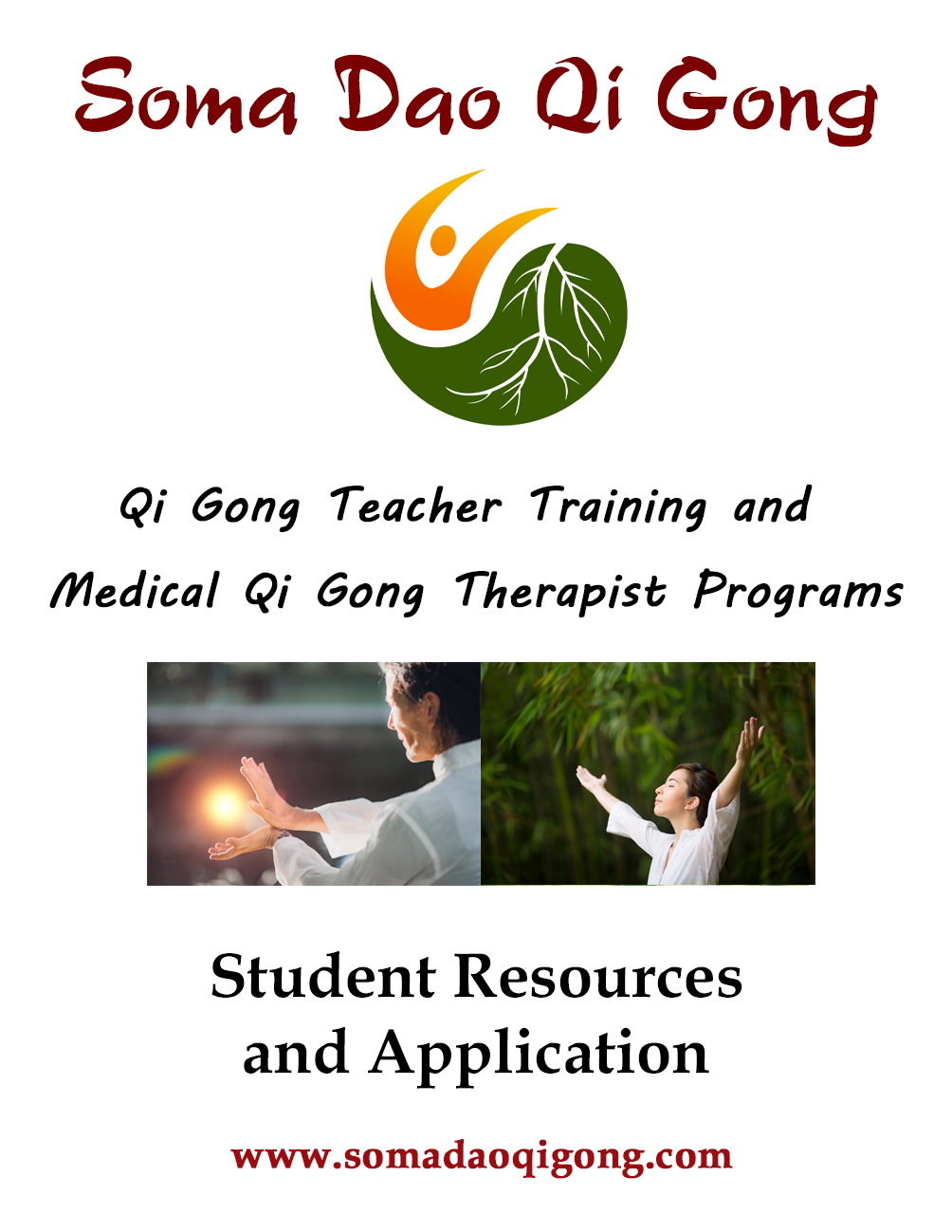Life is hard!
Life is meant to come with bad days and rough people.
Life is also meant to come with opportunities to connect with the right people and work out how those bad days and rough people make you feel.
Anything more than rough is always wrong.
Modern life is faster, more impatient, and overstimulating than at any time in history. As obvious as that is, it is meant to bring up the context of adaptability.
Every living being is limited by its ability to adapt to its environment.
All animals, humans included, are born with a nervous system full of physical and social instincts. All animals grow up with parents to show them the finer details of behaviour. Specifically, physical behaviours like how to fight, flee, and freeze, as well as social instinctual behaviours like how to tend, befriend and cower.
As we grow into adulthood, we become the one who has to choose how rough we need to be, how to deal with assholes, and how to reorient ourselves after a stressful or traumatic experience. This part of life takes practice.
How do you calm down and regain your autonomy and confidence?
If you have ever been through a physically overwhelming experience like a rock-climbing accident or survived a war zone, or if you have lived through ritualized physical and/or sexual violence, then that part of your nervous system is probably still in trauma.
That does not mean you are broken.
It means it is now time to find opportunities to connect with the right people, relearn how to release those embodied memories and work out the ways those days and people are still inhabiting your nervous system.
Daily practice is the most beneficial approach.
If you grew up in an environment that was physically or emotionally dangerous, unavailable, or manipulative, your instinctual Polyvagal Social Nervous System experiences trauma – which makes trusting others or yourself more challenging.
That does not mean you are broken.
It means it is time to create opportunities to connect with the right people and relearn how to read body language and open again to how it feels to belong.
Learning and practicing a new physical skill, especially one that includes mindfulness and breathwork can help revitalize your nervous system.
There are many potential environments that can push people beyond their adaptability. The trauma that needs to be attended to afterward has four potential deep and life-changing wounds.
If you are new to embodied awareness practices like Qi Gong, they provide a safe and curious container to reintegrate how your body experiences the world.
Qi Gong is uniquely supportive in the gradual journey of healing the Four Wounds of Trauma.
The Four Wounds of Trauma
The First Wound is Hypervigilance.
This is an instinctual focus on any and all danger.
When you experience something traumatic, like a car accident, the way your instinctual nervous system remembers the experience can change your world.
The world now has that kind of danger in it – always.
If you have an opportunity to release some of your nervous system trauma, you will still be hypervigilant in those environments, like driving a car, or trusting people, but you will at least have some resiliency about how these experiences impact the rest of your life.
If you cannot find the support to release the profound instinctual aversion to traffic or threatening people, your nervous system will hold onto your spine, limbs, and mind with invisible, white-knuckled fists. This inner tension will gradually drive your stress hormones and immune system out of balance. Unresolved trauma is a factor in many, if not all chronic illnesses and is undoubtedly the underlying cause of most addictions.
Hypervigilance is the instinctual focus on any and all possible danger.
If you have a chronic illness, you may become hypervigilant about your symptoms. If you grew up in a dangerous environment, you will naturally have learned to ’empathize’, or be hyper-concerned with the mood and behaviour of the people around you. There are many other ways this can happen, but the important takeaway is your nervous system is prone to staying in a Sympathetic or Fight or Flight state. Your inner and/or outer world now has some kind of danger in it – always!
The skill and capacity to induce your innate Relation Response, to bring yourself into a more patient, present, and trusting relationship with your body and your environment can be as effective as using anti-anxiety medication. This is where practices like Qi Gong, Yoga, and meditation truly shine.
Qi Gong – Lesson One
One of the first things you will learn in Qi Gong is to stand still and feel rooted.
Try this…
Stand with your feet shoulder-width apart, bend your knees and settle into an erect but relaxed posture.
Inhale and reach upwards slightly with the top of your head, exhale reaching downward with your tailbone.
Feel into your sense of readiness. Feel the spring in your knees.
Do you feel ready to play a sport or start dancing?
That is being rooted and ready – the opposite of feeling anxious and hypervigilant.
Breath deeply and slowly.
Feel into your belly and diaphragm.
Fill your belly and chest – front and back – side to side – up and down.
Feel expansive and courageous as you inhale, feel rooted and ready as you exhale.


I am interested in learning more about becoming a Qi Gong Teacher and/or a Medical Qi Gong Therapist and would like to receive your MONTHLY newsletter.
YES! Send me a copy of the Student Resource Guide
(We respect your privacy)
Beginning April 8, 2024
Learn the skills, practices, and principles necessary to safely and successfully guide others through several kinds of Qi Gong Classes.
